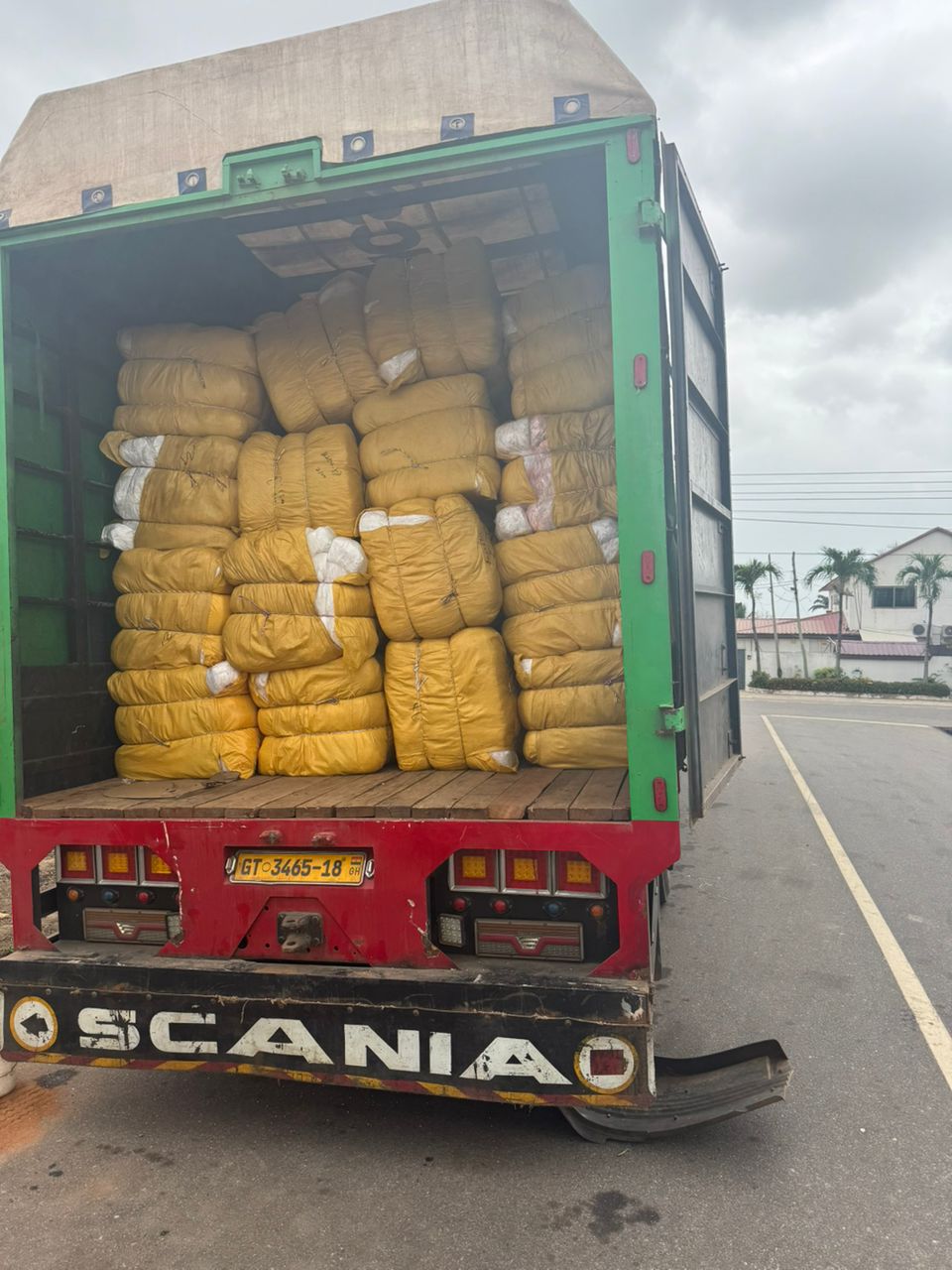A recent report from Ghana’s Auditor-General has revealed a disturbing security lapse at Kotoka International Airport (KIA), where over 2,000 rounds of ammunition and 20 firearms were intercepted in 2023 alone exposing serious vulnerabilities in the country’s aviation security systems.
The seizures include 198 rounds of ammunition and four firearms recovered at the international passenger screening checkpoint, as well as 1,879 rounds and 16 weapons confiscated in Terminal 2. These findings were detailed in the Auditor-General’s latest report on public accounts, which warned that the lack of clear national regulations governing the air transport of weapons has created a potential security threat.
Despite the serious nature of these discoveries, all individuals involved were reportedly allowed to board their flights, a decision that has drawn sharp criticism from security experts.
According to the report, the root of the issue lies in the absence of a robust national policy regulating weapon carriage by air travelers. The Auditor-General described the situation as a "potential security risk," noting that the current regulatory vacuum increases the likelihood of weapons being smuggled aboard aircraft whether declared or not.
Experts caution that the unchecked transport of firearms, even when openly declared, poses a direct threat to aviation safety, passenger welfare, and crew security.
In response, the Auditor-General has urged the Ghana Airports Company Limited (GACL) to develop and enforce comprehensive policies that provide clear guidelines on the screening, declaration, and management of weapons at airport checkpoints. These measures would include strict penalties for non-compliance.
The urgency of such reforms is underscored by alarming statistics: Ghana has seen a 40% rise in airport-based weapons seizures over the past two years. GACL, aware of the escalating threat, reportedly flagged the issue with the National Civil Aviation Security Committee (NCASC) in 2022. However, more than a year later, a formal national policy is yet to be adopted.
In August 2023, GACL formally requested that the Ghana Civil Aviation Authority (GCAA) expedite the creation of a national Weapon Declaration Policy. By November, the company had appealed to the Minister for National Security for intervention, citing the movement of undeclared firearms as a critical concern.
While the country awaits a regulatory framework, GACL has implemented interim measures to bolster airport security. Aviation Security (AVSEC) screeners have received enhanced training in weapon detection, which has contributed significantly to the increased seizure rate. Nonetheless, officials stress that without a legally binding national policy including enforcement mechanisms and penalties, these efforts may not be sufficient.
The Auditor-General’s report concludes with a strong recommendation for the urgent development of a comprehensive, enforceable framework that clearly outlines the conditions under which weapons may be transported by air. This includes mandatory declaration protocols and strict consequences for violations.
With Kotoka International Airport serving as a key gateway for international diplomacy, commerce, and travel, aviation and security stakeholders agree: immediate action is needed to close these critical gaps and protect Ghana’s skies.













